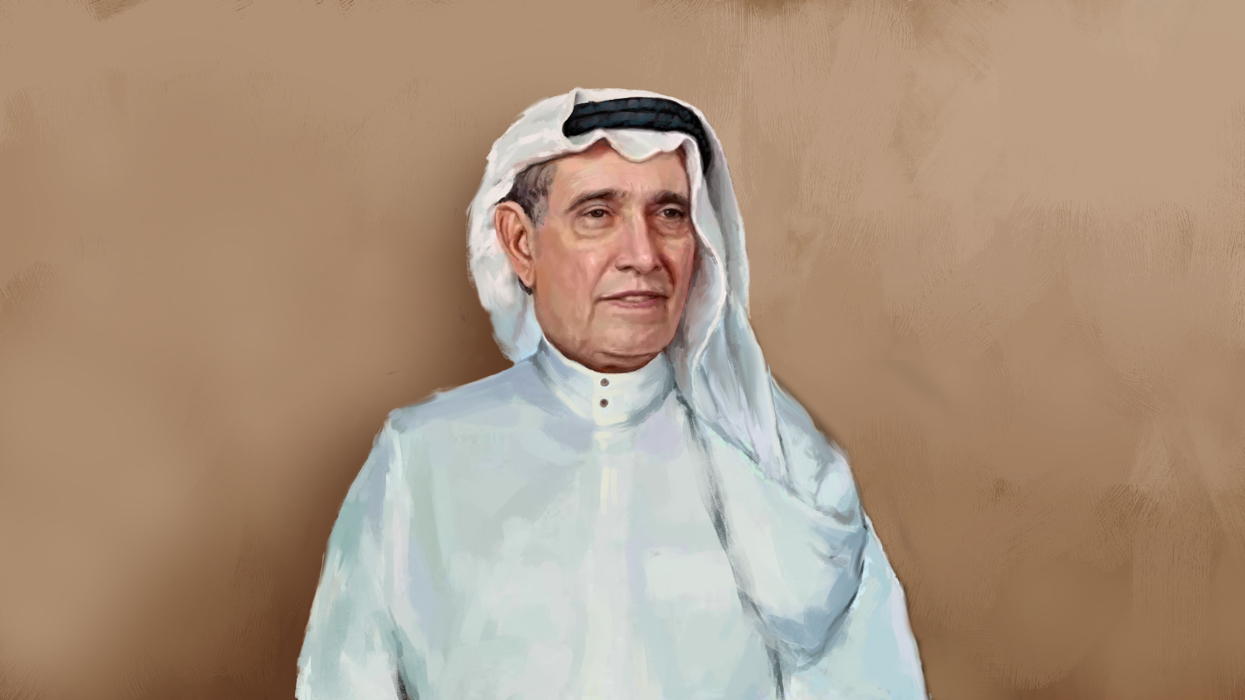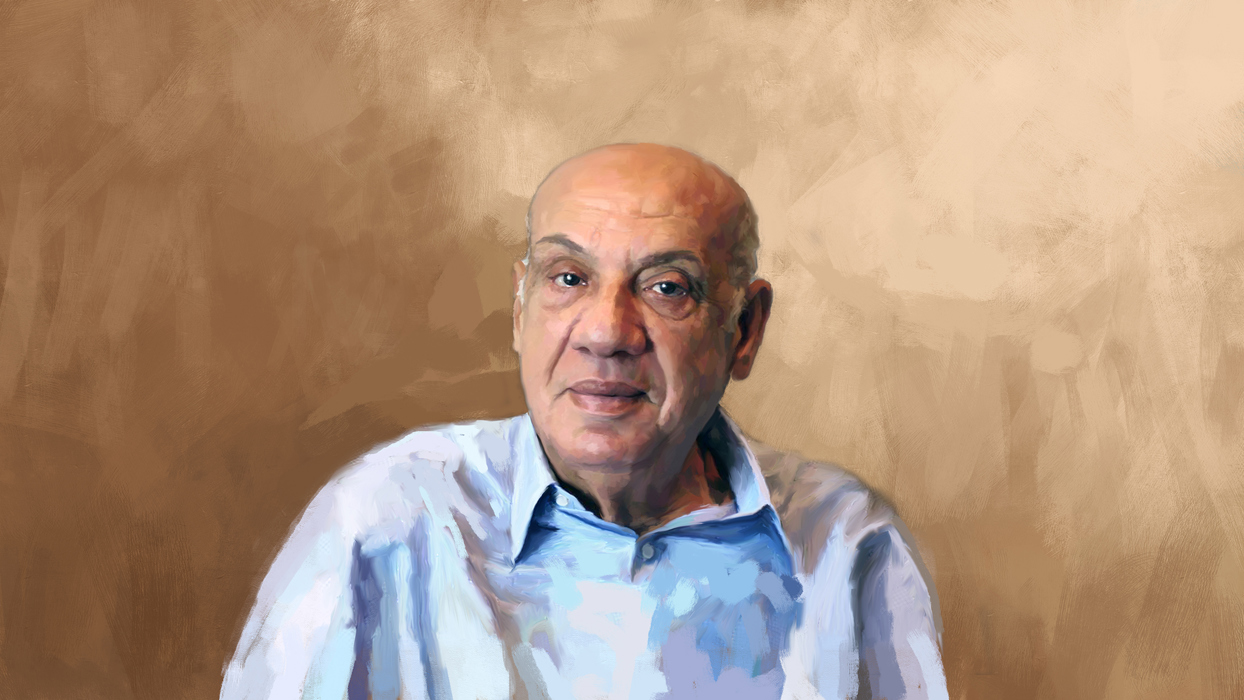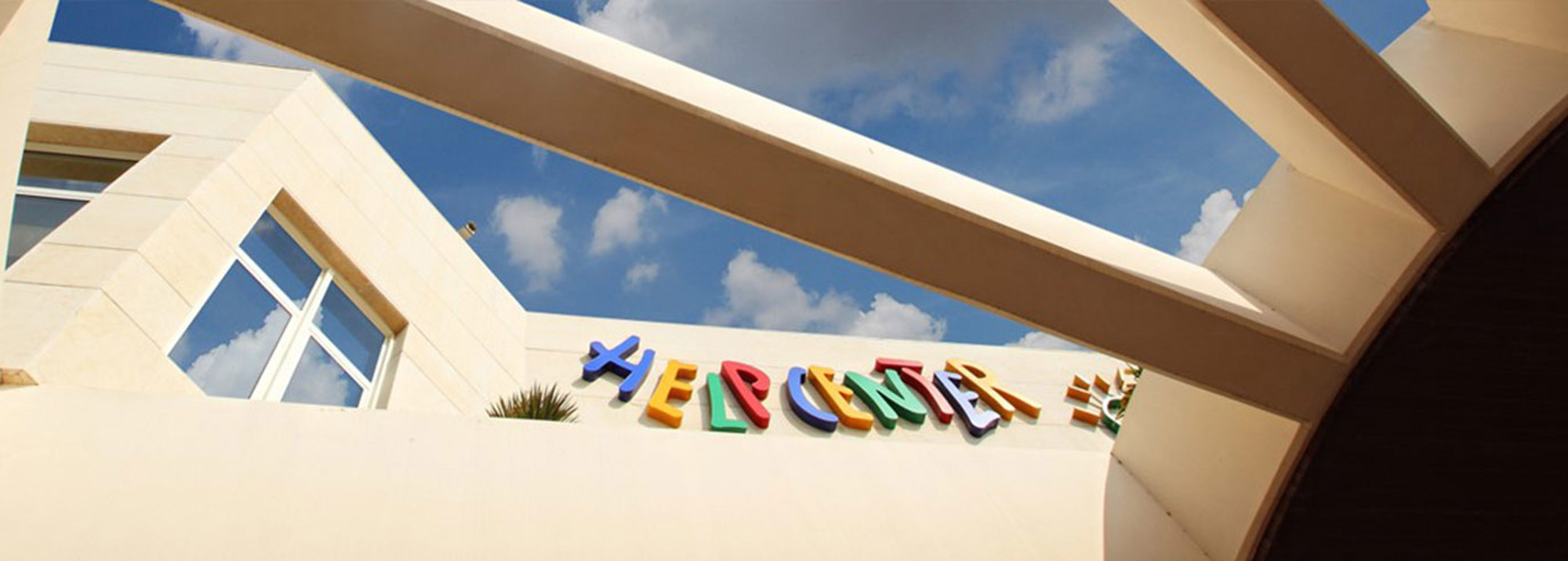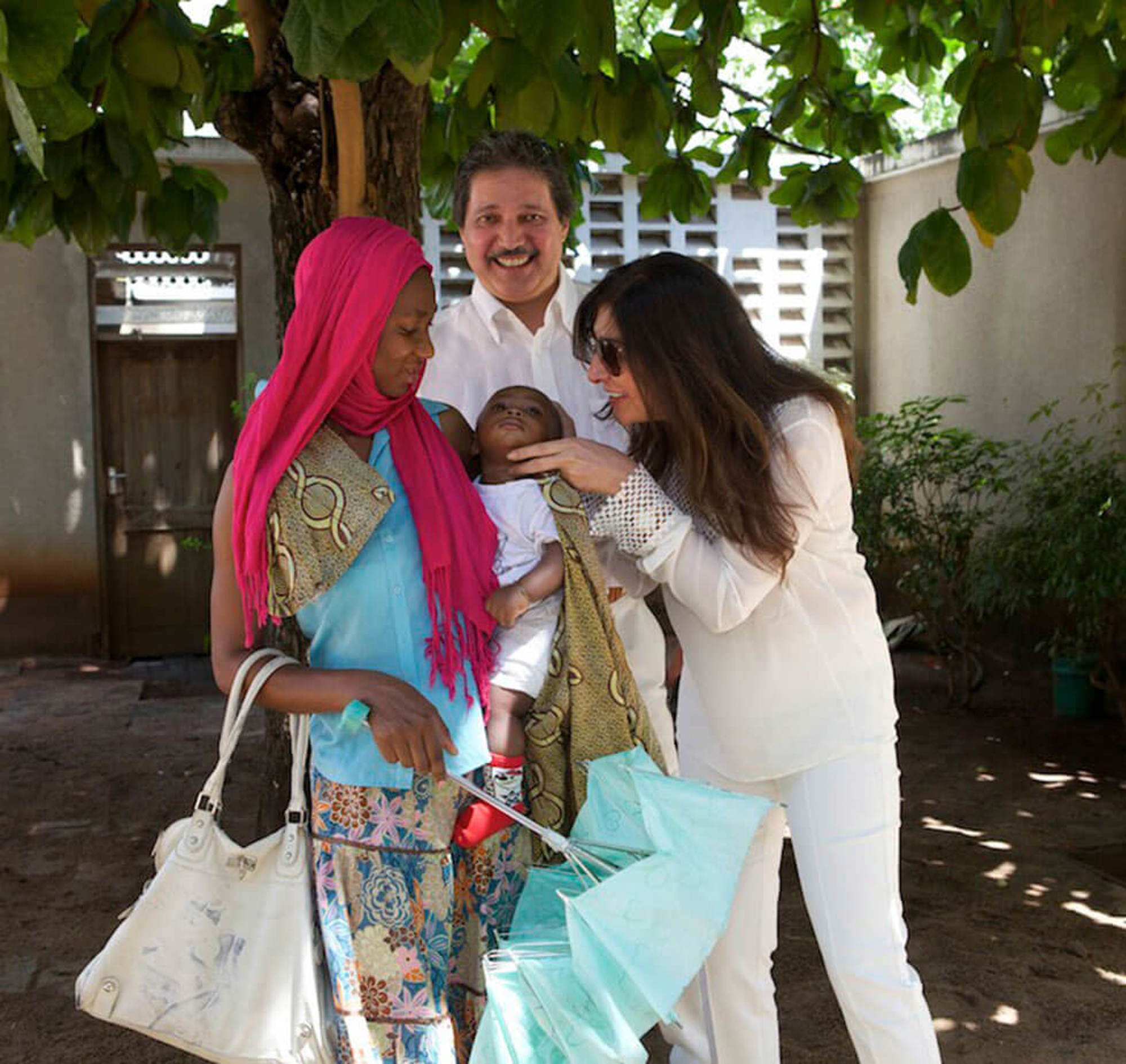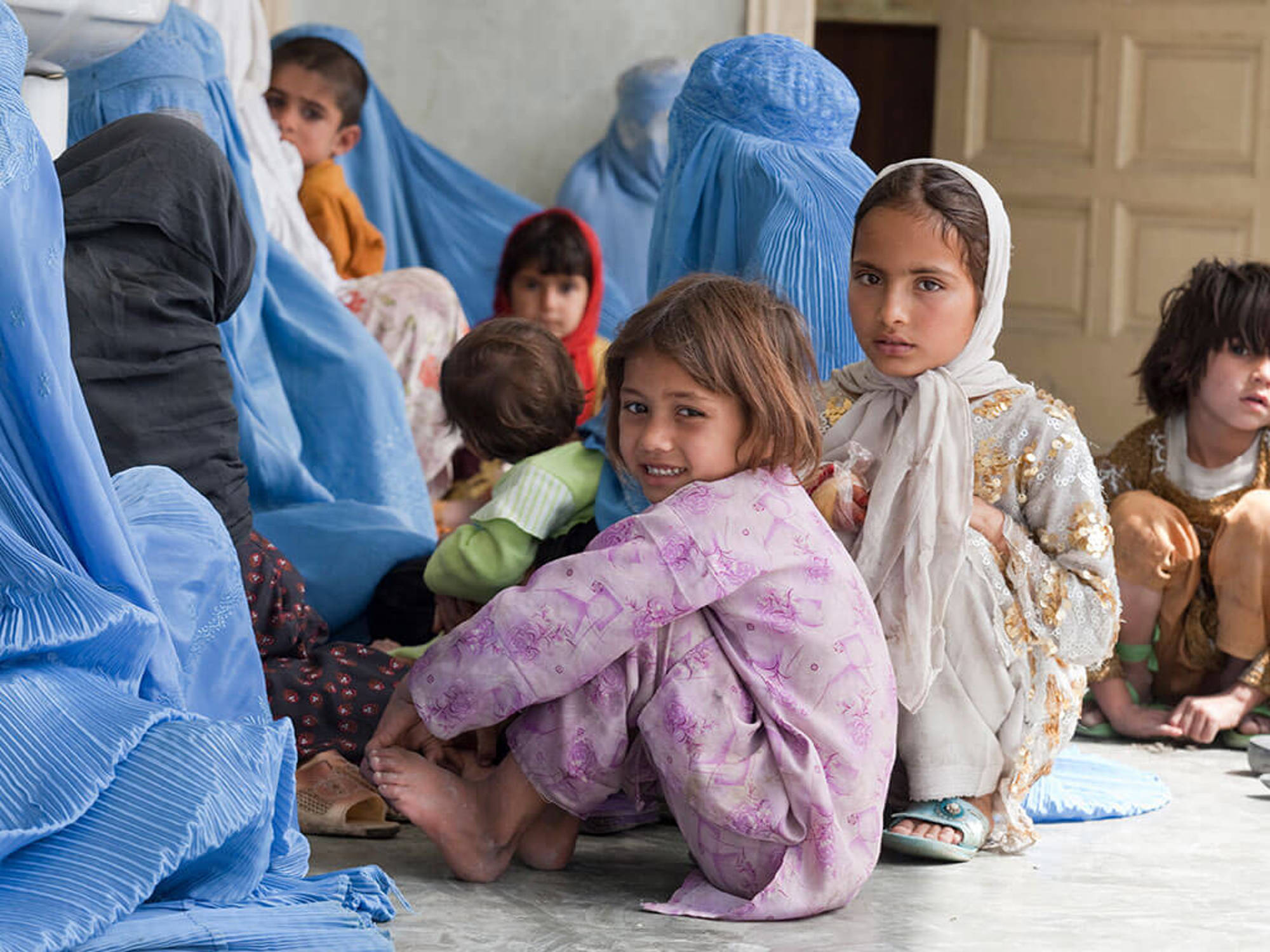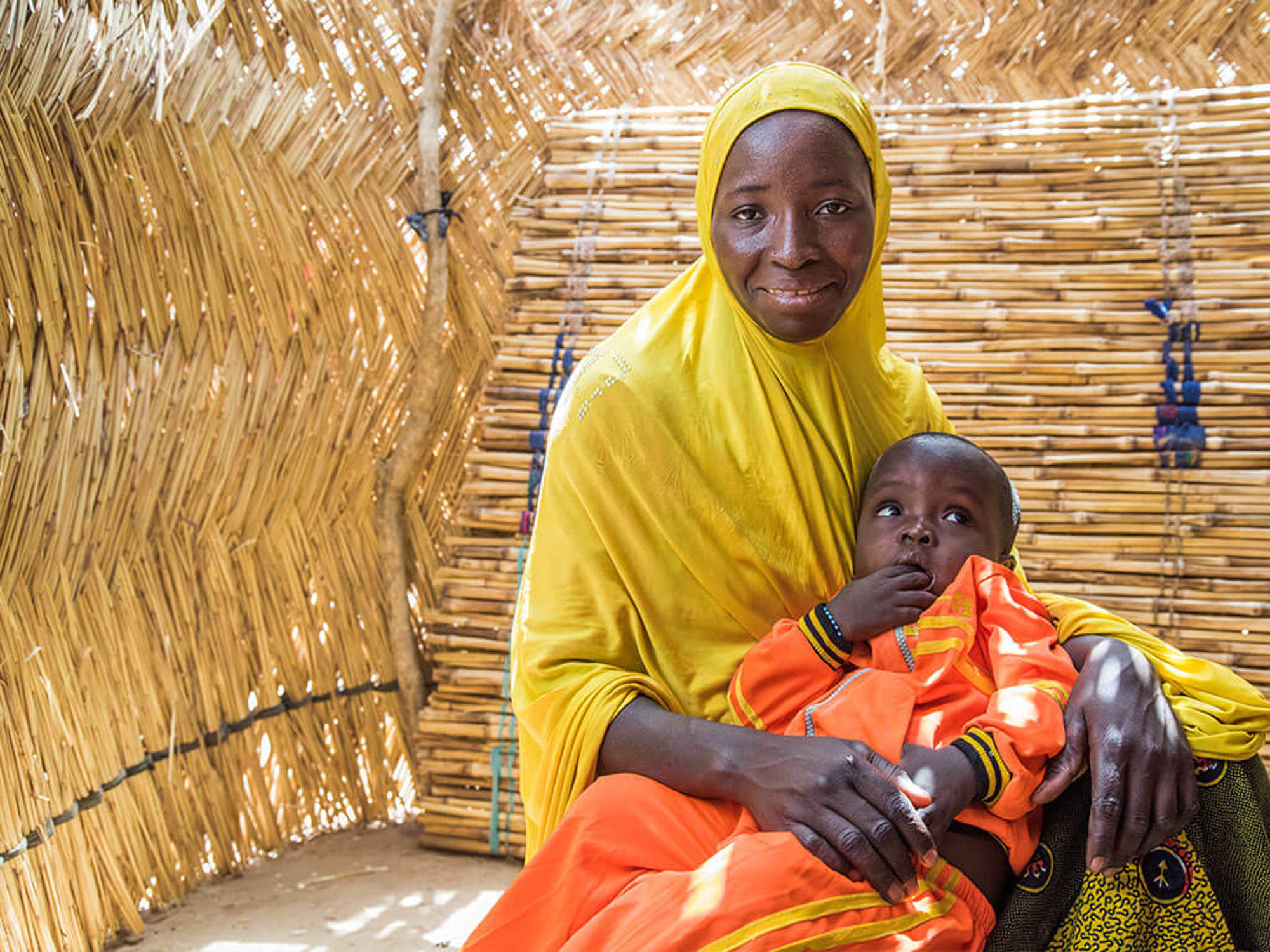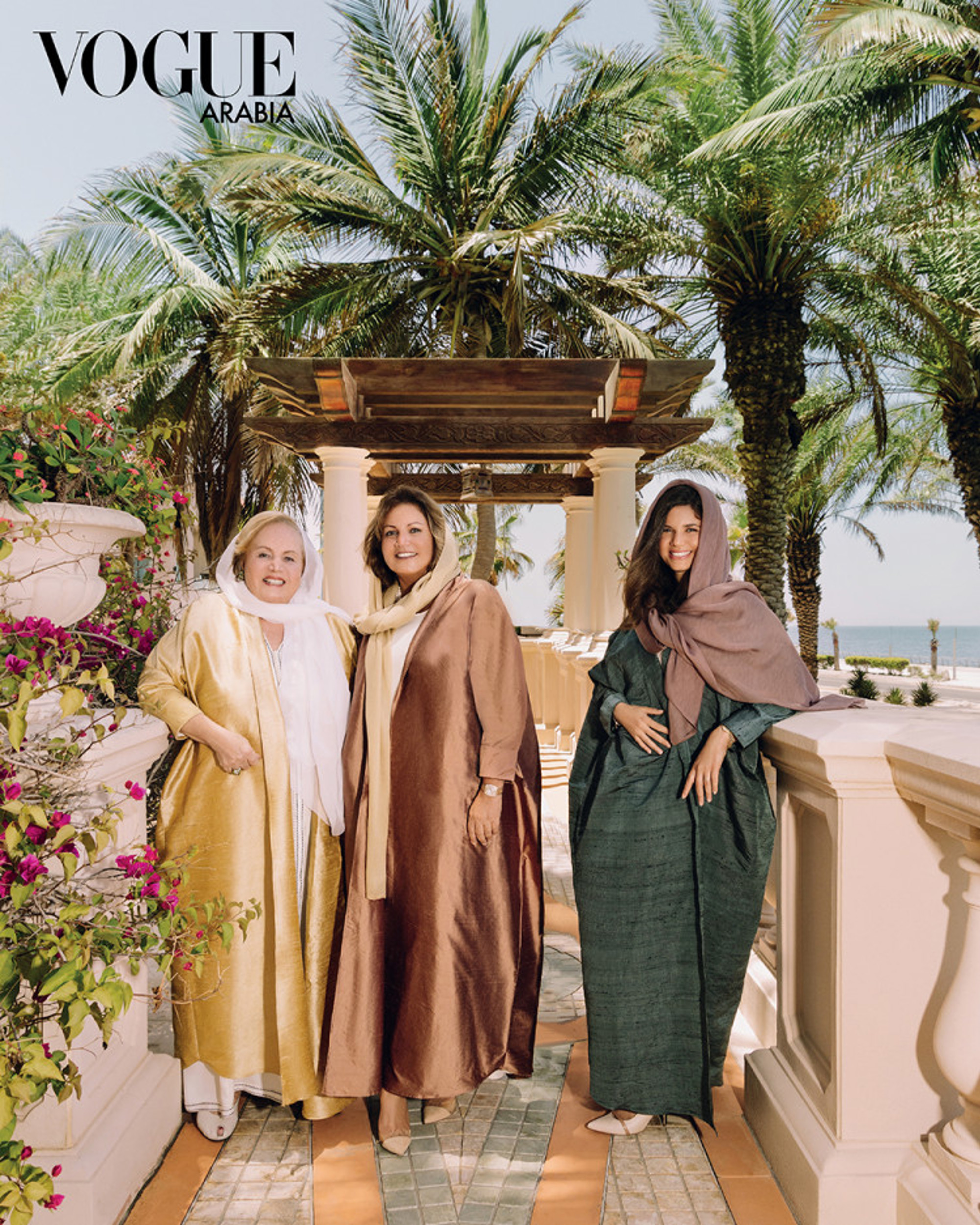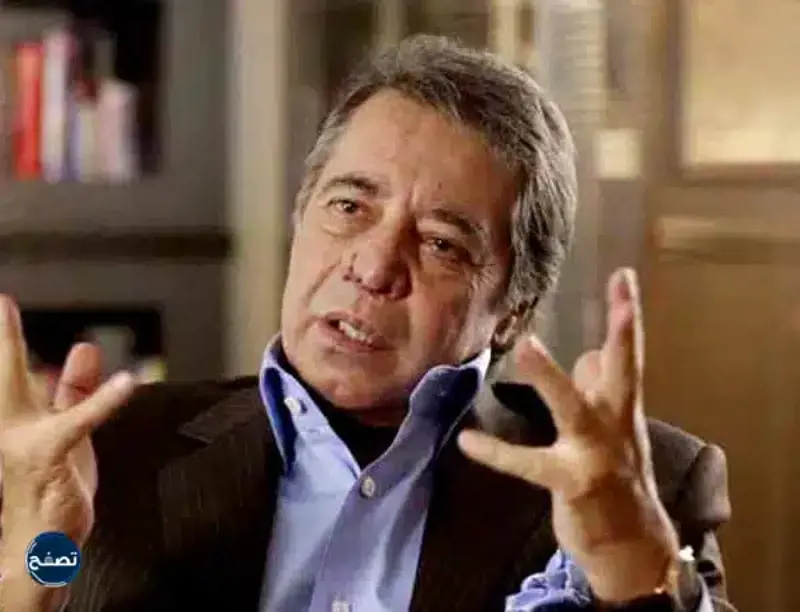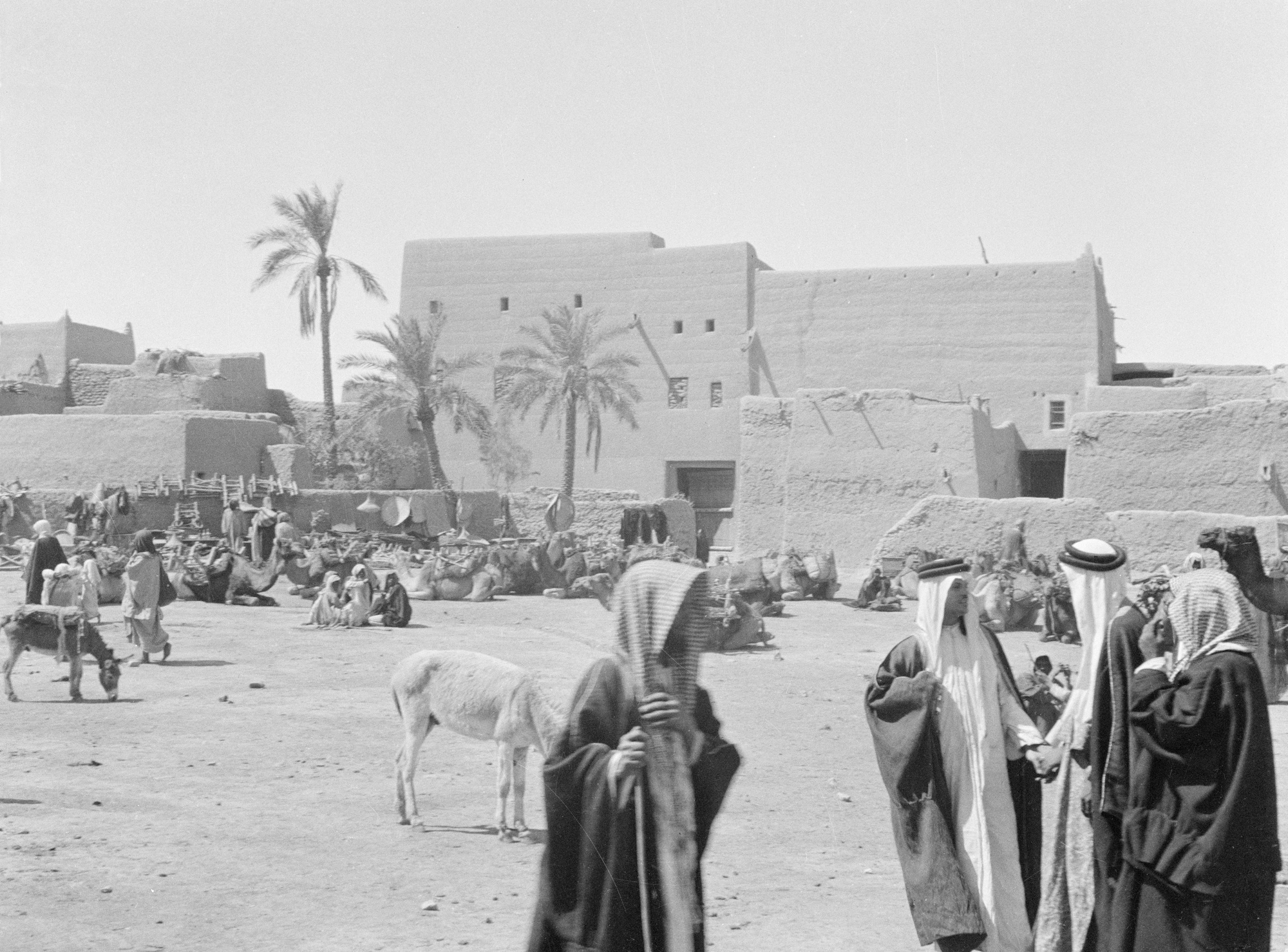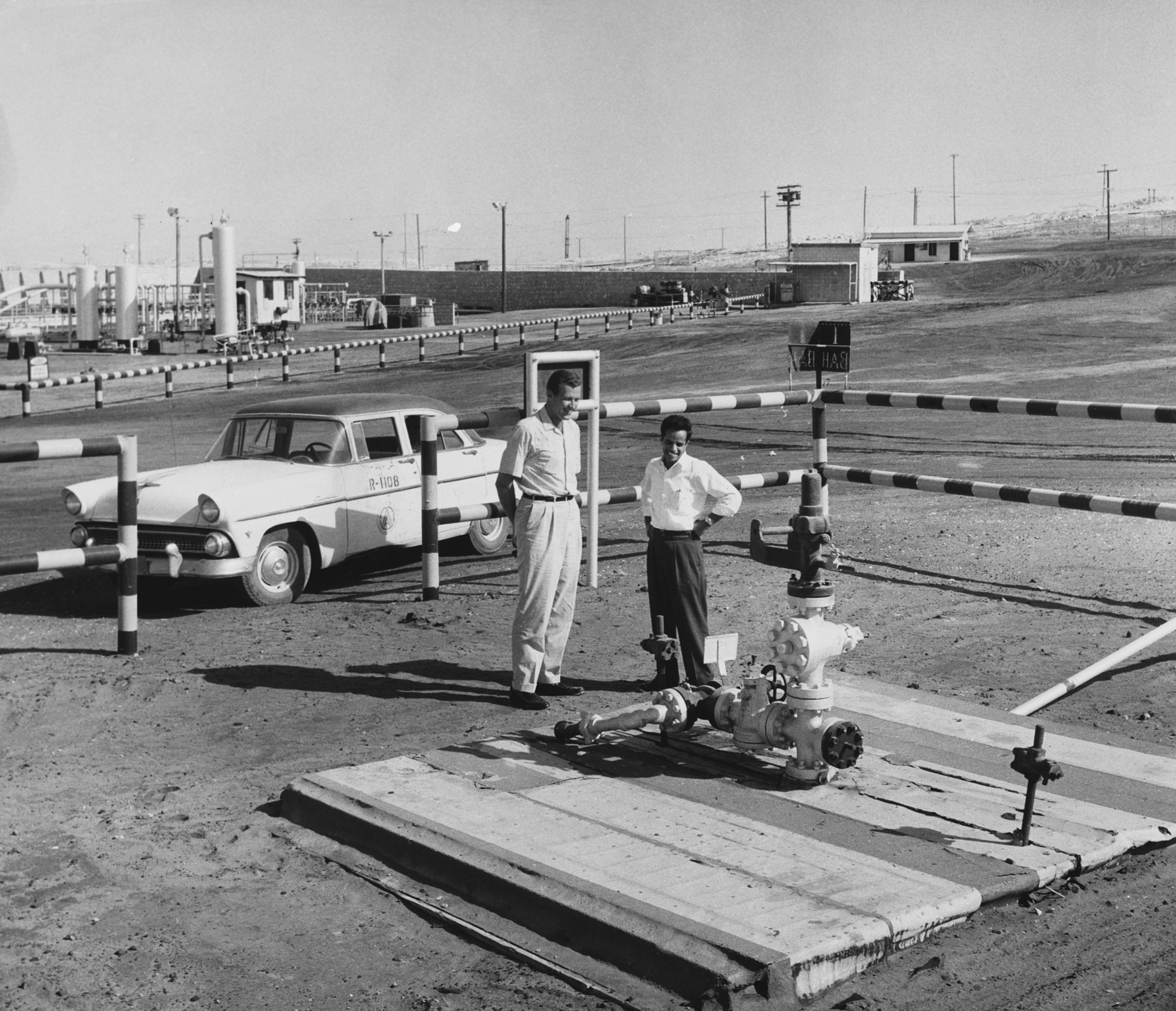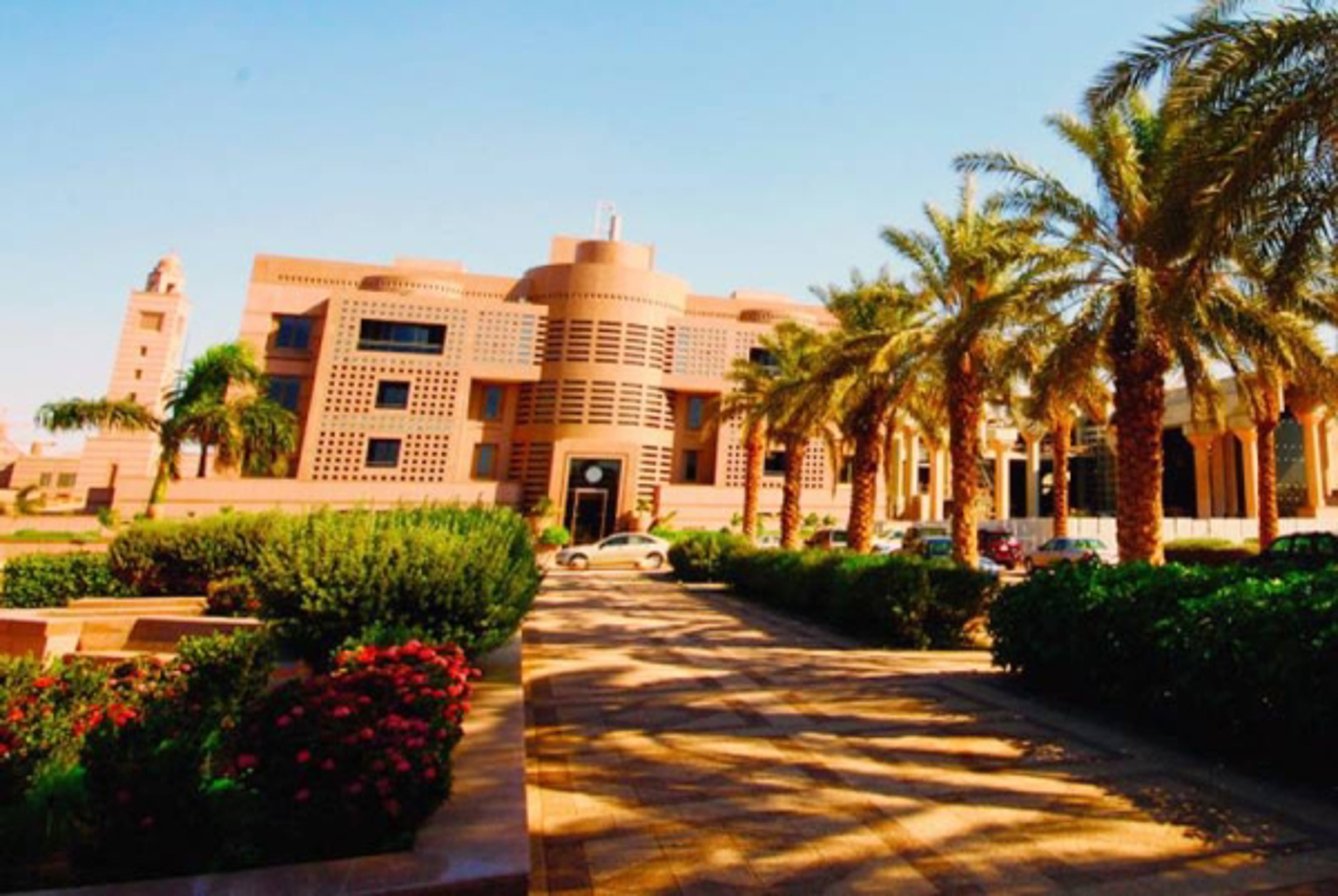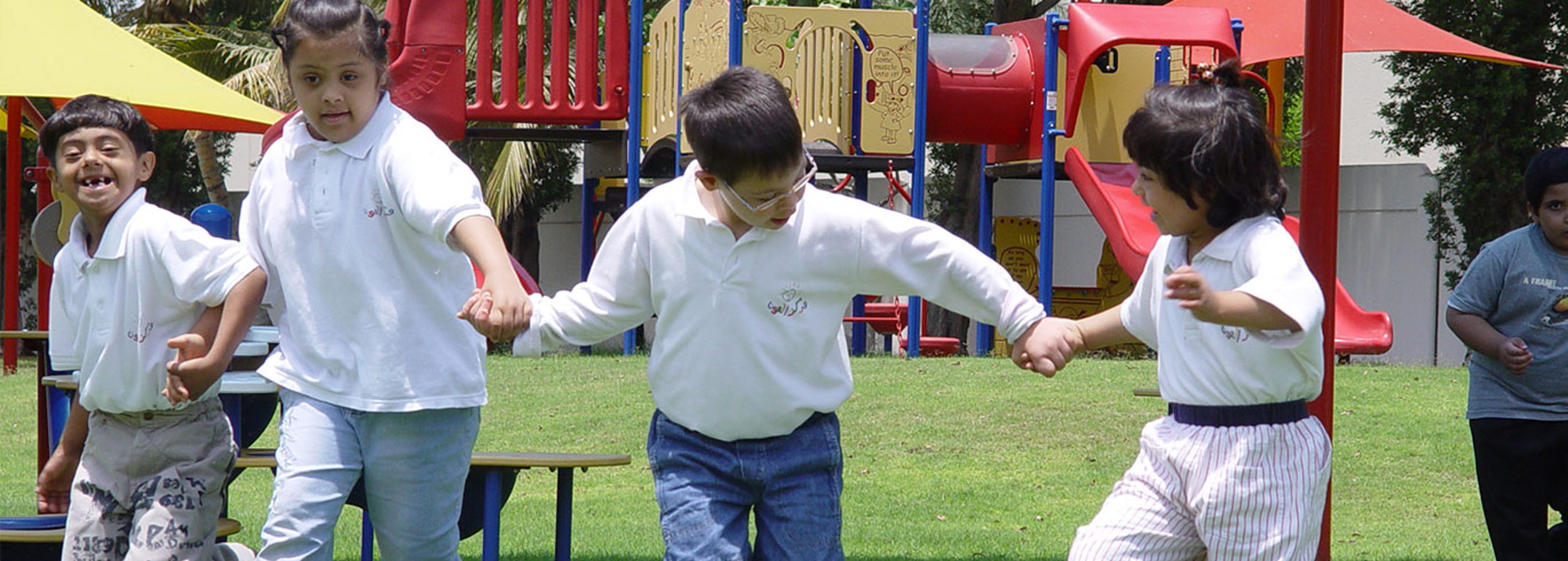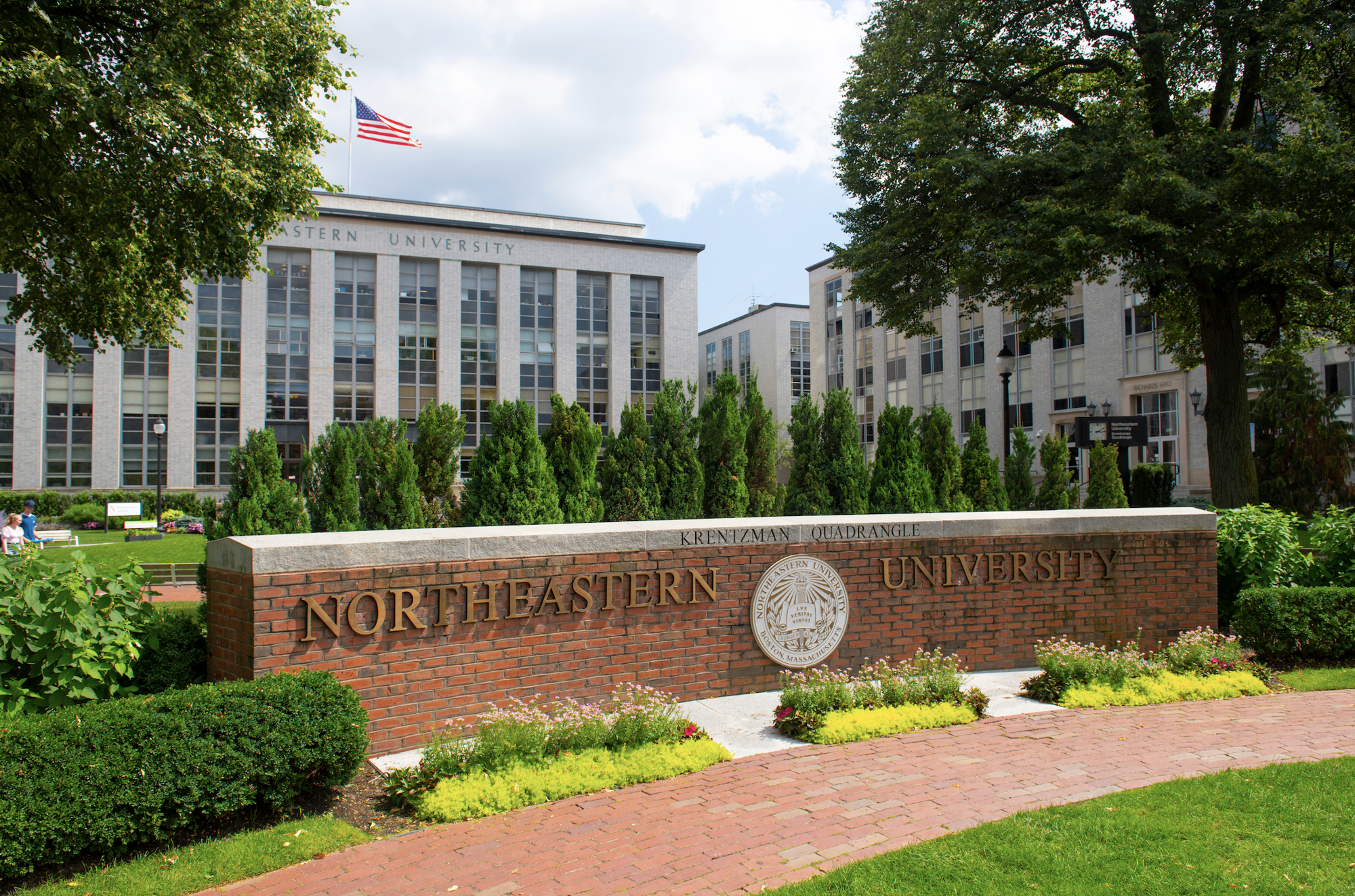Suad and Ahmed's only daughter, Maha Juffali, runs the Help Center, where her Daniah, as a qualified psychologist specialising in intellectual disabilities, is the Centre's director of therapeutic departments.
Maha remembers how childhood experiences with her mother inspired the direction she would take. "Since I was young, the importance of philanthropy was instilled in me through accompanying my mother to charitable activities. Then, I volunteered to work with two children with intellectual disabilities."
“Learning from my mother and father, I had to teach it to my daughter. So I learnt from my mother that, okay, I'm going to take my daughter with me [to the Help Centre]. She used to come with me and be with the kids. She didn't know much. But, you know, it's, instilled in you since you were a little baby.”
Daniah confirmed that these experiences had the desired effect. “I have very fond memories of going to the centre,” she tells an audience at the MISK forum in 2022. “Similar to my grandmother, the kids that were around me were my friends. I didn't see any difference. Children rarely see a difference in the way they are and the way maybe an intellectually disabled child would be. So my journey really started at a year old when I would go for these site visits with my mother.”
She adds: “Philanthropy I think is embedded in me. My idea of being in the workforce has always been to give and naturally, I think that comes from the two of them. So my life path just took me there. I also studied psychology, but majored in severe special needs education because my passion has always been to work with the children. So that is where my life came full circle.”
Daniah explained that each family member brings something valuable to the table. "We all complete each other while bringing in new things to the centre. For example, my grandma started with pure psychology, my mom brought in more early child education then I brought in severe special needs education.”
She adds: “I work with the families and the children directly. I was very adamant that the parents did not know I was my mom’s daughter so I can prove that I am here on my own accord not because I am the boss’s daughter. I am lucky that I have a family that respects my work and allows me to express myself.
As for Suad, working with her daughter and granddaughter is a blessing, she says. "I think it’s a beautiful combination of family, seriousness, love and respect. It is out of a giving nature that we have started the centre, as father and mother, and that continues to be there throughout with my daughter and granddaughter."
